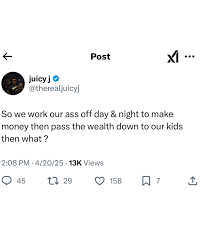
Introduction
In today’s digital age, memes have become a cornerstone of online communication, transcending cultural and linguistic boundaries. As humorous images, videos, or text that are shared widely, memes offer a unique lens through which we can understand contemporary social interactions, politics, and entertainment. Their ability to convey complex ideas succinctly and engagingly makes them a powerful tool in meme culture.
The Evolution of Memes
The concept of a meme, introduced by evolutionary biologist Richard Dawkins in 1976, originally referred to an idea that spreads from person to person within a culture. Fast forward to the 21st century, the term has found new life on the internet. From the early days of image-sharing platforms to social media giants like Twitter and Instagram, memes have evolved into a multifaceted phenomenon. They reflect societal norms, trends, and collective experiences, making them more than just entertainment.
Memes as a Form of Expression
Memes often serve as a medium for political commentary, social critique, and individual expression. The memes surrounding global events like the COVID-19 pandemic illustrate how humor can help people cope with difficult situations. Many memes went viral during the pandemic, shedding light on public sentiment, misinformation, and the evolving challenges of lockdowns. Additionally, memes have played pivotal roles in social movements, such as Black Lives Matter, helping to spread awareness and mobilize communities.
Memes and Technology
The proliferation of memes can be attributed to advancements in technology and the rise of social media platforms. With easy access to tools for creating and sharing memes, individuals from diverse backgrounds now contribute to meme culture. Platforms such as TikTok, Reddit, and Instagram facilitate quick dissemination and remixing of meme content, fostering a creative environment. Furthermore, artificial intelligence and image-editing software have opened new avenues for meme creation, allowing for more personalized and engaging content.
Conclusion
As we look ahead, it is undeniable that memes will continue to shape our collective consciousness and influence communication methods. Their adaptability ensures that they hold a permanent place in our digital culture. Readers should remain aware of the powerful role memes play in society, not just as a source of humor, but as a lens to examine the changing dynamics of communication and culture. Understanding memes provides insight into societal trends, making them relevant to both current events and cultural studies.






